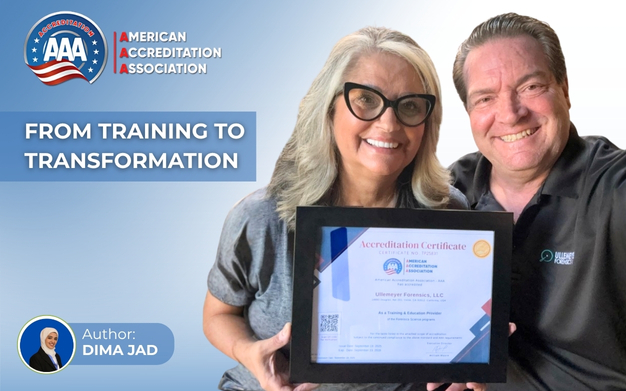
Capacity building goes far beyond conducting workshops or providing one-time training sessions. It is a comprehensive chain of decisions and actions that were meant to convey transforming content. This content is not designed to be lectured; it is made to make a change in the target audience practice. It strengthens skills and mindsets that directly outreach the patient and improve their outcomes.
Strengthening Skills at the Frontline
At the frontline, well-trained healthcare providers are more qualified to diagnose accurately and deliver safe treatment. Also, they are able to communicate effectively with patients regardless of their age, condition and language. Therefore, the number of medical errors is reduced and supported with trust.
For instance, trained nurses in infection prevention play a major role in professional competence. In addition, they lower the hospital-acquired infections which lead to saving lives and reducing healthcare costs.
Research confirms this impact: a systematic review found that training interventions significantly improved the quality of care delivered by health professionals, and had a positive effect on patientsí» health behaviours for up to twelve months after training (BMC Health Services Research, 2020).
Critical Thinking and Adaptability
The proper capacity building practice enhances the skills of critical thinking and adaptability. When healthcare workers are empowered to analyize problems, innovate solutions and respond to evolving challenges, they can create resilient systems that sustain quality care under pressure.
It was evident during COVID-19 pandemic. The capacity-building efforts equipped many hospitals to adapt their protocols and integrate digital health tools in order to maintain continuity of care. For instance, hospitals worldwide expanded telemedicine and digital monitoring systems almost overnight, supported by prior training and infrastructure, which ensured patients could access essential services without increased risk of infection (Al Knawy et al., 2022).
Transformation at the Community Level
Moreover, transformation happens at the community level. When local health workers are trained and supported, communities gain more accessible, culturally sensitive, and sustainable care. Patients are more likely to adhere to treatment, attend regular checkups, and engage in preventive practices when they feel respected and understood by competent providers.
Bridging Knowledge and Impact
In essence, capacity building is the bridge that links knowledge and impact. It shifts healthcare from a system that merely reacts to illness toward one that continuously improves, empowers, and heals. Through these efforts, our stronger community will enjoy better-trained professionals coupled with healthier patients.
To Know More: https://aaa-accreditation.org/












